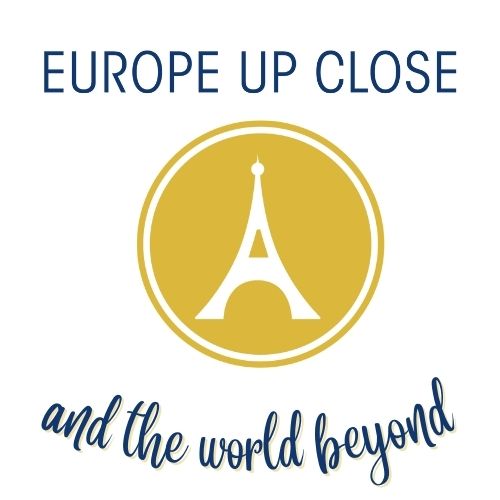Scotland’s Clans and Culture
Scotland is proud of its heritage and culture. Having been invaded countless times from all sides, the castles that lie in ruins and the castles that still stand strong could tell stories of fantastic heroes, kings and queens and ferocious battles.
Scots take great pride in their independence as a unique culture, different from anywhere else in the world. The rolling green mountains, the age-old bagpipes and drums, the clans, the castles, the lochs and the rough Highland regions are all part of a strong heritage and culture that the Scots hold dear.

Geography of Scotland
Scotland is generally divided into the Highlands and Lowlands. Most of the main industry centers and mild climate are found in the Lowlands. Edinburgh and Glasgow are the two popular tourist cites in the Lowlands followed by Aberdeen, Dundee, and Stirling. Edinburgh is the capital of Scotland and contains a multitude of historic sites and museums, whereas Glasgow is the largest city and has a more commercial basis. Both Glasgow and Edinburgh have international airports, and major train stations.

Scotland Geology
The British Isles were formed from volcanic activity and glaciers contributing to Scotland’s many mountain ranges, lochs and rivers. As you travel northwest from the Scottish border, the landscape becomes more mountainous. Steep, hexagonal basalt cliffs characterize western coastal regions and islands. The Isle of Skye is considered one of the most gorgeous spots in Scotland and is located not too far from the main shore.

Social Structure and Clans in Scotland
One of the most intriguing aspects of the Scottish social structure is the importance of family and the traditions that are handed down through generations. Since at least the 12th Century, Highland societies were divided into tribal groups called Scottish clans. These clans were family oriented as every member of the clan bore the chief’s name, such as MacGregor, or Stuart, even though they were not blood related. Furthermore, each clan wore plaid wool clothing, known as tartans, that distinguished them as part of their clan. These tartans are still used today in traditional formal dress.
The Highlanders have managed to keep much of the Gaelic languages from disappearing, especially on the islands. But the Lowlanders once spoke Scots, a style of Middle English, which has long since faded from everyday use. Many Lowlanders now speak with an accented form of English, close to Irish and Welsh dialects, yet still its own.

Scotland’s Arts
Scotland has introduced a number of famous artists and musicians to the world. Among these are artists Allan Ramsay and Henry Raeburn, actors Billy Connolly, Ewan McGregor and Sean Connery, designer Charles Rennie Mackintosh, and musical performers such as the Proclaimers, Simple Minds, Rod Stewart and Del Amitri.
Many of the cities in Scotland offer wonderful regional and traditional music with year-round festivals. Piping and fiddling competitions and performances are plentiful as well as traditional dancing. Many great literary minds have come from Scotland’s celebrated past as well. Among them are philosopher David Hume, poet Robert Burns, and novelists Robert Louis Stevenson and Sir Walter Scott.

Scotland Sports and Leisure
The main sport in Scotland is soccer, or as they call it, football, and is played widely as an amateur and professional sport. Most cities in Scotland have a professional team, and Scotland has competed in the World Cup. The more traditional games of Scotland originated over the centuries like hammer throwing, piping and dancing competitions, which are usually held at festivals such as the annual Inverness Highland Games. The most popular sport for those visiting Scotland is golf and every golfer’s fantasy is to play the Old Course at St. Andrews.

Terri
Tuesday 20th of February 2007
OOPs, I guess I was just hoping Colin Farrell was Scottish.
Mary Pitkin
Tuesday 20th of February 2007
Just to let you know.. Colin Farrell is not Scottish.. he's Irish! You could add Gerard Butler in there.. now he's Scottish.. and very talented.